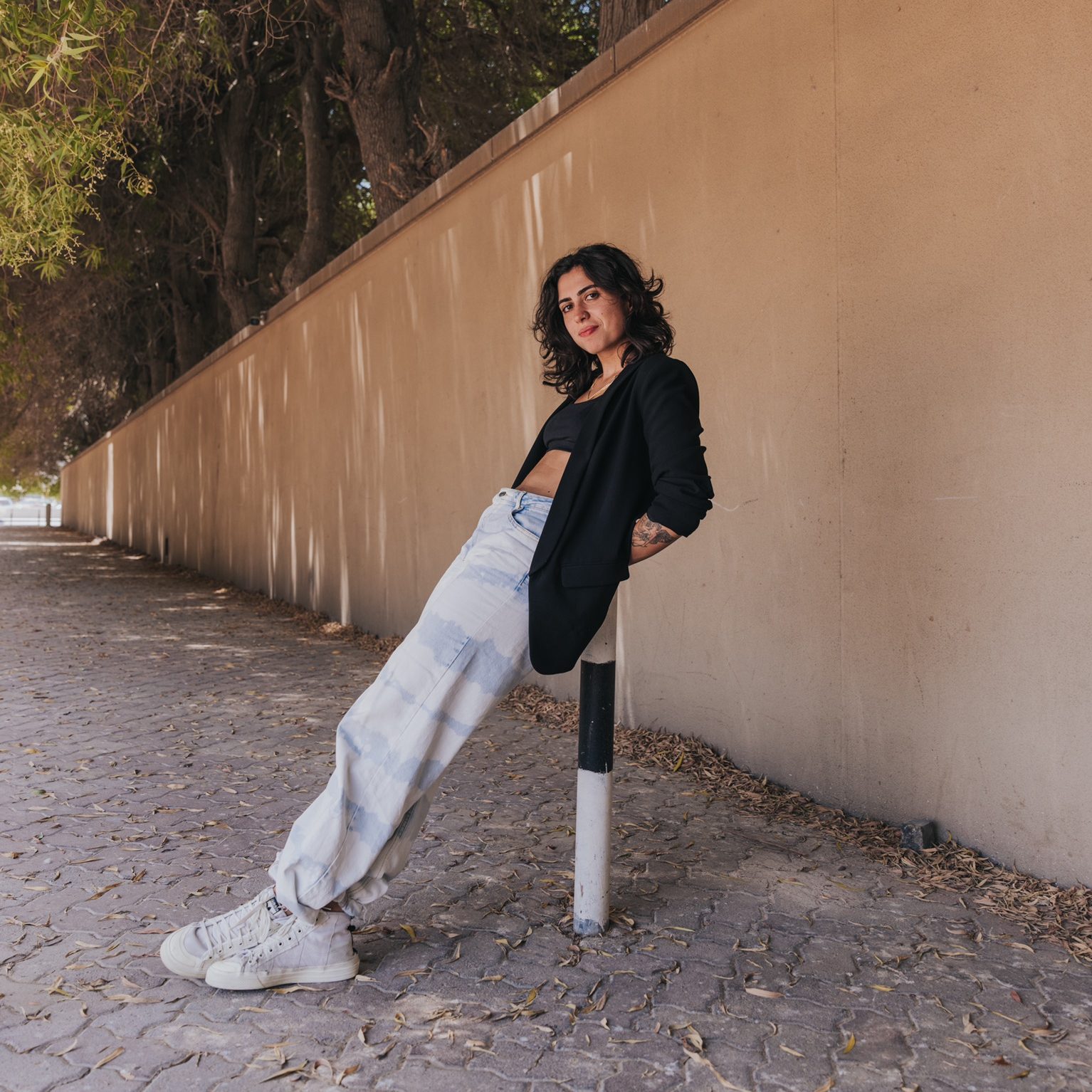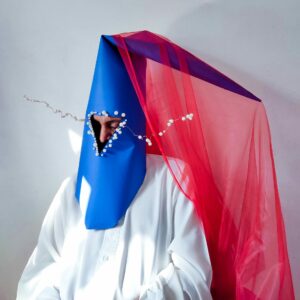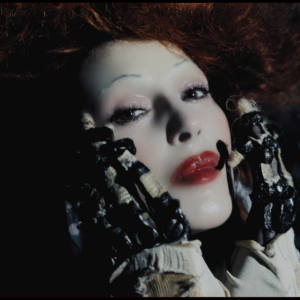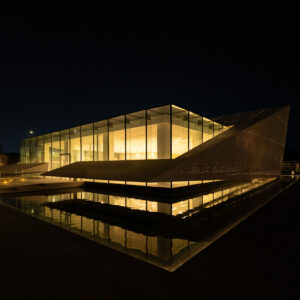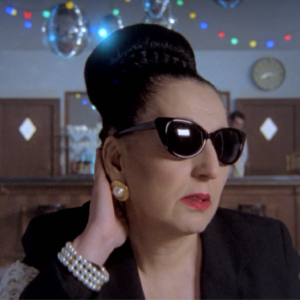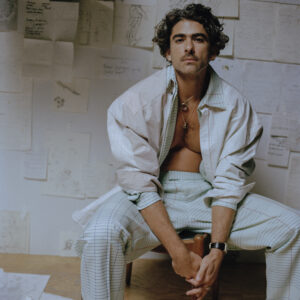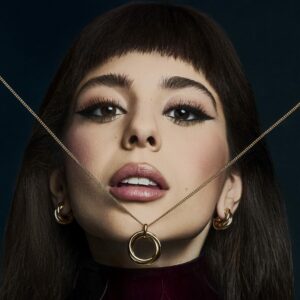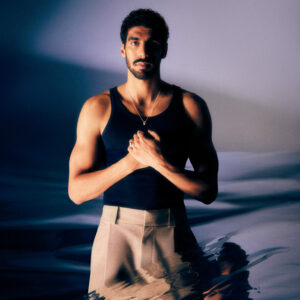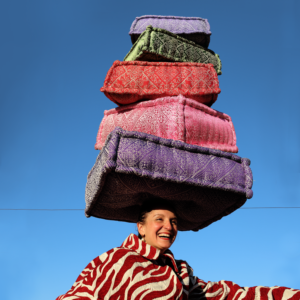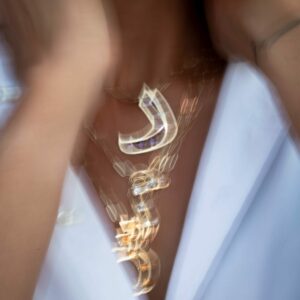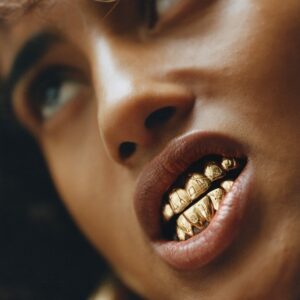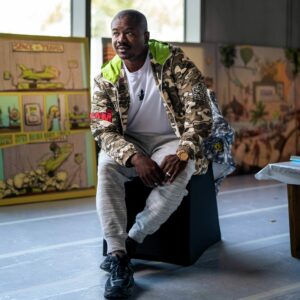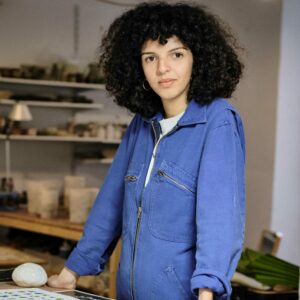Discovering where Beirut ends and the filmmaker and photographer Stephanie Moukarzel begins can be an impossible task, the connection is umbilical and it seeps into everything she does. But this is a city with power, and that lives in her too. Ebbing and flowing, rising and falling, but never not filled with creative energy.
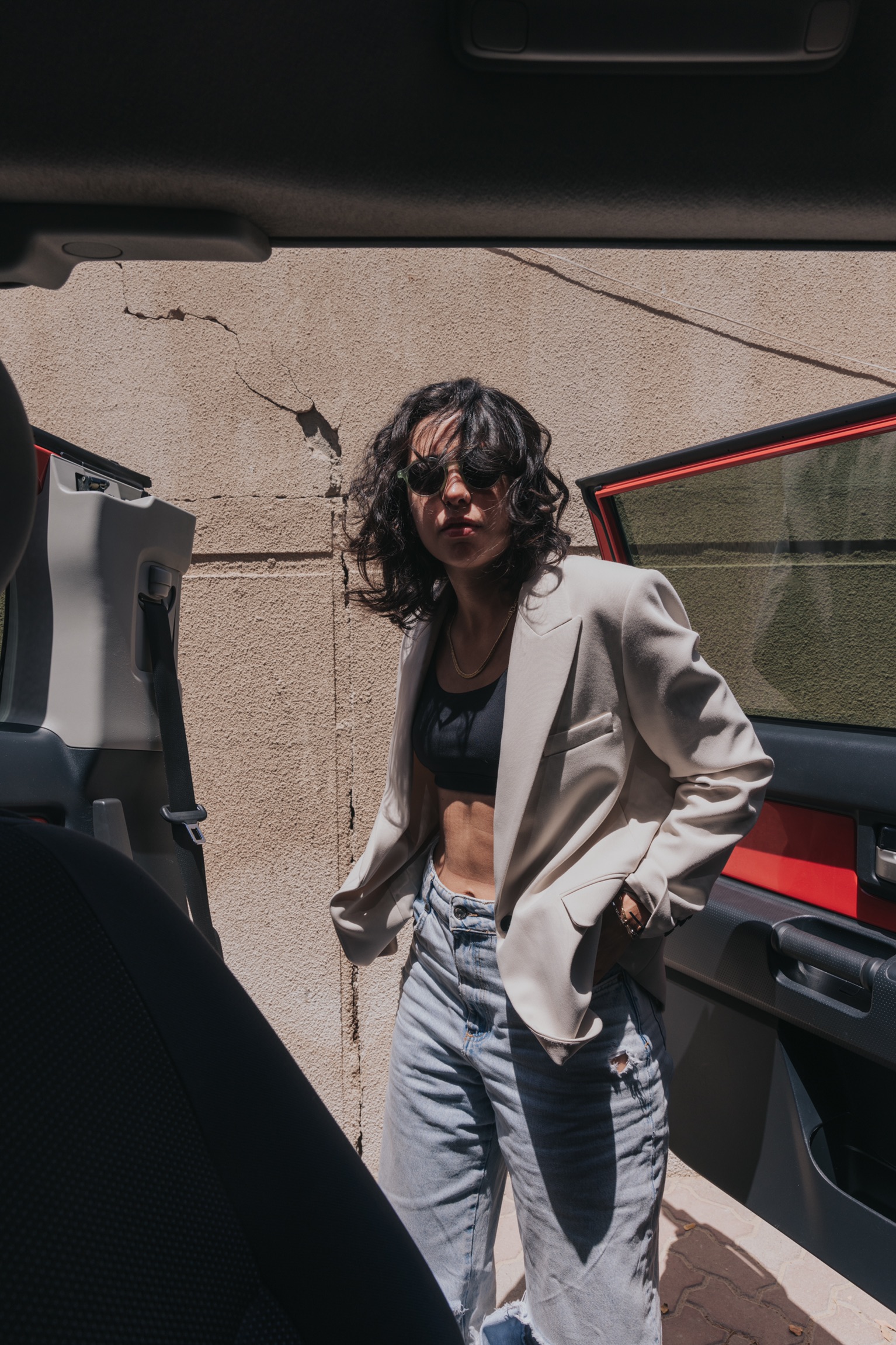
How’s life right now?
Life has been good, things have been looking up recently. I took a break for the summer and went back home to Lebanon for two months to spend time with family and friends. I feel rejuvenated and grounded.
Against all odds and everything that Lebanon has been going through for the past three years, nature is always an escape I look forward to and the land can give you that over there.
This summer, unlike the past two that were filled with intense anxiety and sudden trauma, felt a bit more freeing. I’m very much aware that it’s a privilege to be able to enjoy the small perks Lebanon can give you at times of crisis. Now that I’m back from resting, dancing, loving and daydreaming, I have some projects to get back to. This time, with a clear mind and a strong drive to jump back into what makes me feel alive: film and music.
What is your earliest memory of film and photography?
Before I got into film, I was very passionate about photography, mainly street photography. I would say this was the thing that pulled me towards film. Steve McCurry is my earliest memory of falling in love with photography and the impact photos can have in terms of storytelling and moving people. Photographing in real time; moments that are only happening now and might never recur. I spent days and nights obsessing over this form of art. I remember my dad gifting me a camera and this was my ticket into the arts. After photography came film. I wanted to see the impact of images away from stillness and into movement. One of my earliest recollections of film is romantic films and fictional films. Cheesy, I know. I’m a sucker for feelings and emotions. I would spend my time watching films, an escape from reality and into a world where dreaming was possible.
What would you be doing if your career hadn’t gone this way?
I would probably have a small piece of land in Lebanon, somewhere in the mountains where water is accessible and the earth is good enough to grow vegetables on. I would be farming and supporting local produce. Giving back and going back to the land. I’ve thought about it several times and I think it’s bound to happen later in my life. Nature is my mother. A friend of mine, Erica Accari, is part of a women-led organic farm in Lebanon called “Turba Farm”. She inspires me. Erica chose to dedicate her time to farming on a land that has so much to give but hasn’t been appreciated or respected in a long time. Awakening in Lebanon is happening and most people are slowly returning to the land and understanding the power of mother nature. Preserve this land.
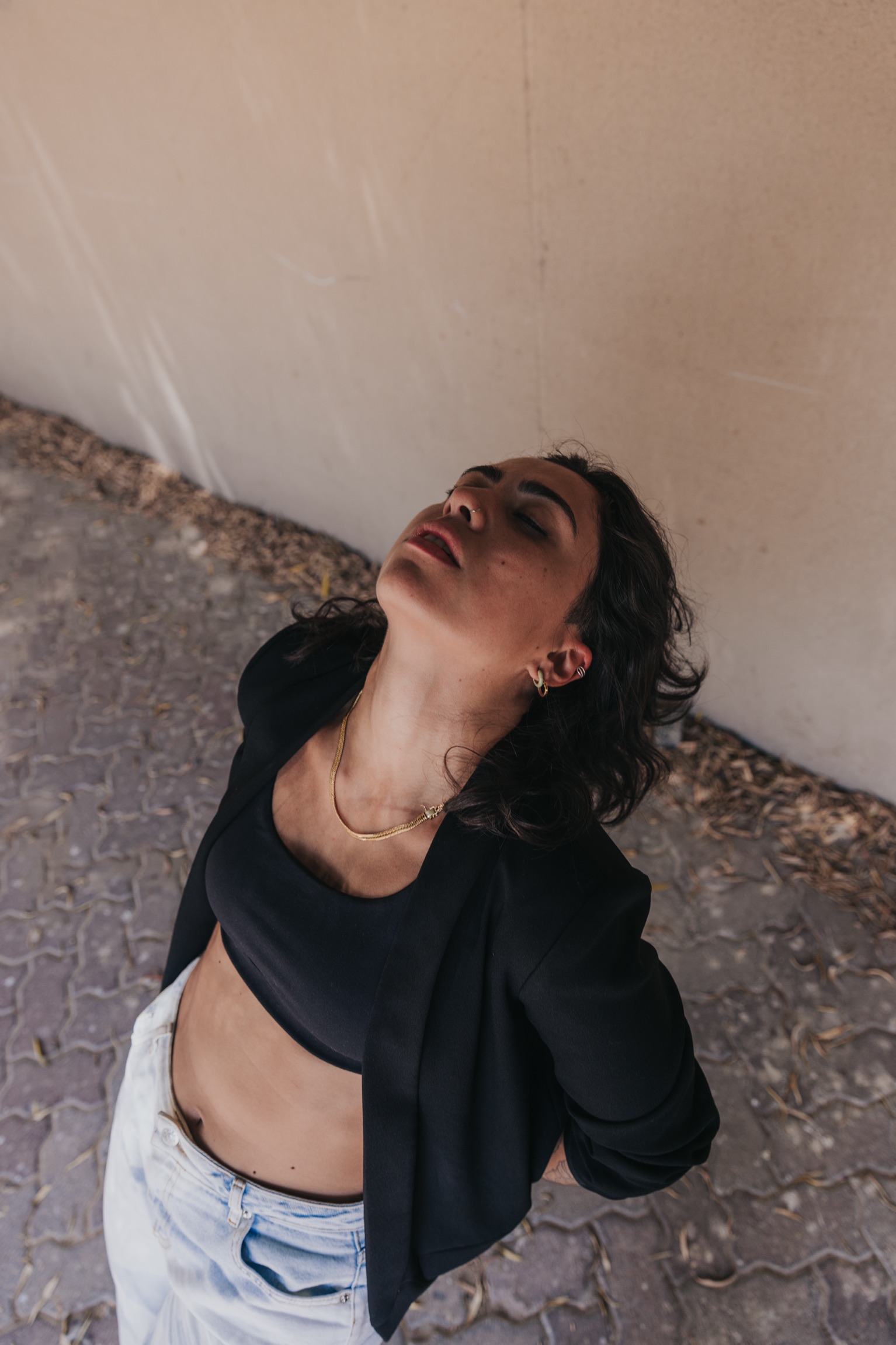
Tell us something about Beirut that people don’t know?
Beirut is a feeling. It’s everything. It’s the feeling you get when someone breaks your heart, it’s the euphoria you feel when you’re doing something you love, the frustration you feel when you want something you can’t have, the anger you feel when someone crosses all your lines and the melancholy you feel when you experience loss. Beirut is a story of never ending nostalgia. The kind of nostalgia you feel even when you’re there. Beirut is not Beirut without its people.
How does the city influence your work?
The city is part of who I am. I grew up around her people, walking down her streets, spending nights in her bars and sharing moments with people in her alleyways and on her dance floors. Beirut is poetic and everything she goes through is everything we endure as well. We are part of her never ending stanzas. I recently wrote a short film that highlights Beirut as a third character. I can’t say much because it’s in the process of being made but this is how I feel about Beirut. A character, a muse to many. The city inspires me more than anything could. Everything we’ve been going through as a people has brought up a lot of anger and frustration within me and the only way I can fight is by channelling this anger through my work. There’s also the urge to spread awareness and communicate this to the world, and so art is my outlet.
How does experiencing something like the Beirut explosion affect your ability to create?
Trigger Warning. This is a very difficult question to answer, it comes with a lot of pain and PTSD but I’ll try. The work does not come more naturally out of the struggle. It’s more than a struggle. It’s a crime that the whole of Lebanon was a witness and victim to. First comes the shock, then comes the anger. From there, grief settles in and it takes the form of immense pain, confusion, disorientation and hopelessness.
Seeing how many people were in Beirut between Karantina, Rmeil and neighbouring streets, helping those who had lost homes, people and themselves, made me very emotional. We walked through apocalyptic scenes and cried for hours while trying to make sense of what happened while also trying our best to help those in need. Two days after August 4, I was still on streets, but this time I carried my camera with me. I don’t recall how I was physically or mentally capable of documenting the horror but I felt like it was my duty to do that. I thought to myself, “the world needs to see what has been done to us”. I filmed, helped, cried, filmed, helped, cried, filmed, helped, cried. Now that I’m thinking about it, I was numb, I was never really there.
I stopped creating for a whole year up until last summer when multidisciplinary artist Anthony Nakhle and I decided to go film an experimental dance piece called Jawhar in an abandoned silk factory in Dammour, Lebanon. A piece that will be out soon. Making experimental films is a way of escaping questions like “why did you make this?” Or “what does this really mean?” And just having the freedom to express repressed emotions, overcome traumas, and just release through art. I don’t think Anthony and I ever spoke about why we’re making this, actually we both knew why, but we just didn’t talk about it. He danced and I filmed. That was enough.
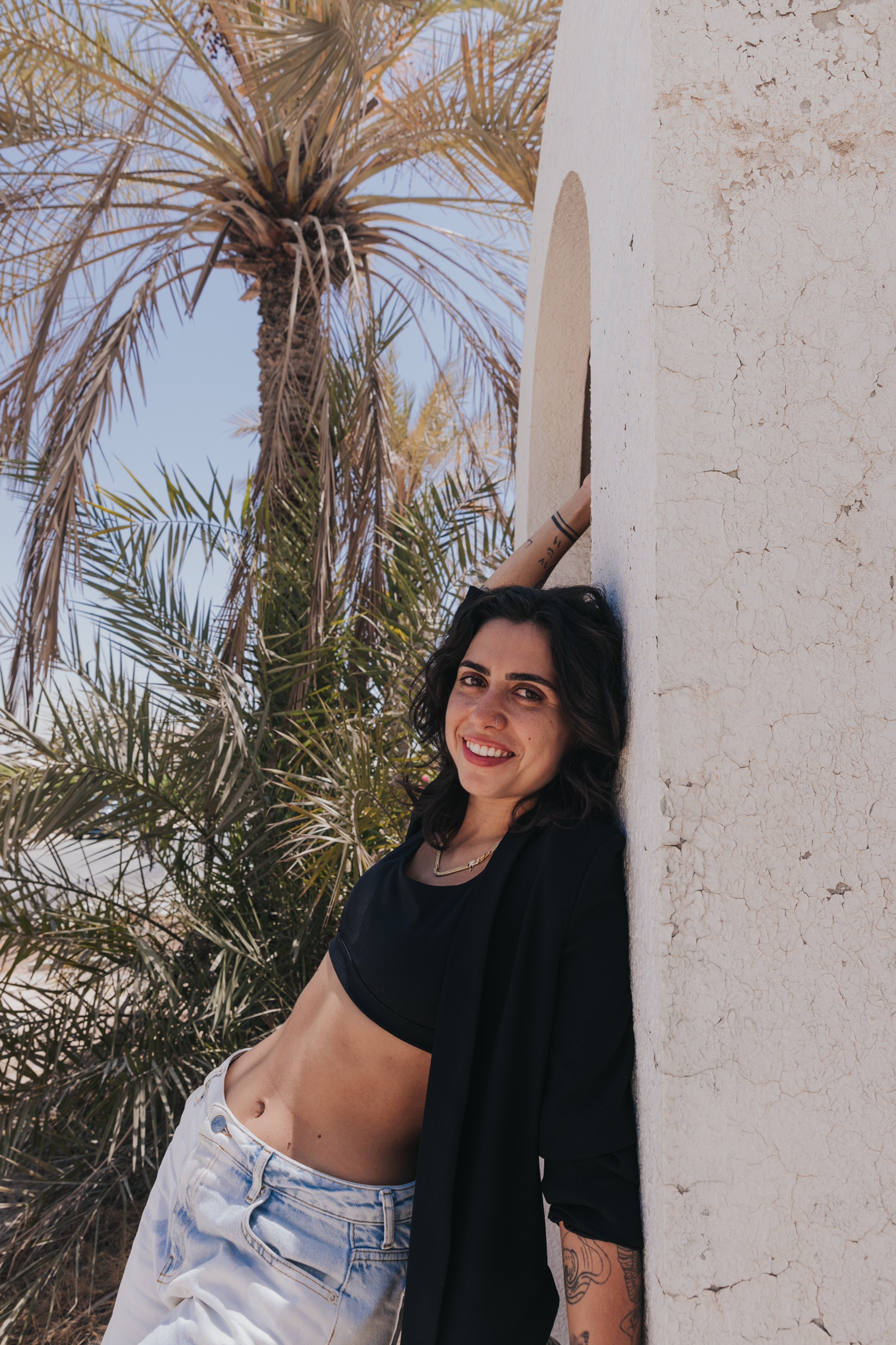
Your insta handle is Steph from the future, what’s happening in yours?
I love this question. Some light at the end of the tunnel. I have a feeling a lot will be happening. I’m hoping it has a lot to do with my career, where I take my art, what I create and what my spiritual journey has in store for me. I’m ready for the next chapter. Let’s see what Steph from the future has been up to.
Photography: Aqib Anwar
